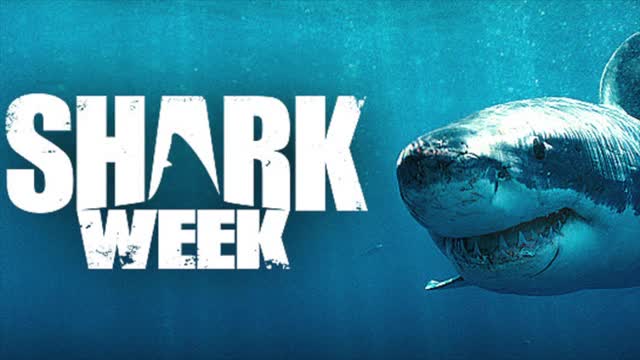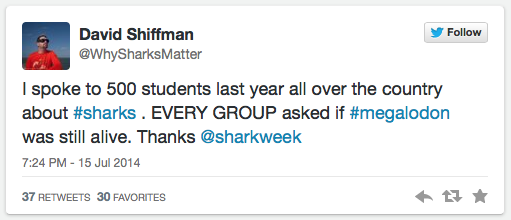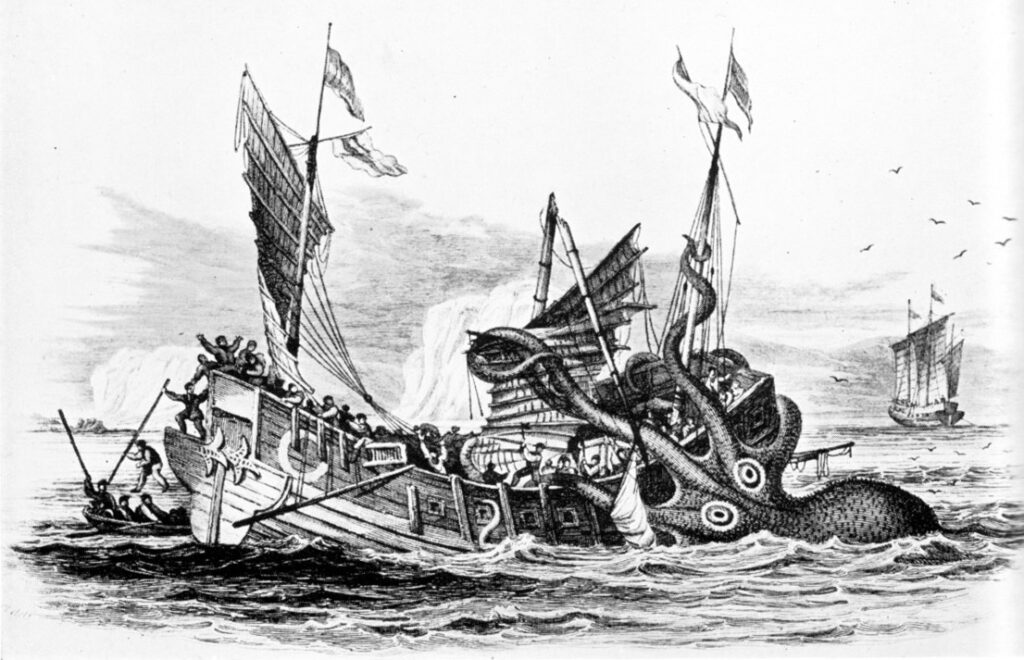The Discovery Channel are at it again, putting out documentaries for this year’s Shark Week which are more full of pseudoscience and sensationalism than any actual substance.
But surely it’s all just a bit of entertainment, right?

No, not necessarily. Those in documentary filmmaking have lambasted the productions and techniques, while those involved in related sciences and shark conservation dismay at the repercussions it all has. Here are the five worst aspects of the fake Shark Week documentaries, and why Shark Week (in its current guise) can actually cause very tangible harm.
It’s Dangerous
All it took was one single movie to give the entire world a major phobia of sharks; had Peter Benchley known what effect his novel Jaws would have on the world when turned into a movie, he’d never have written it.
The movie adaptation went on to cause a massive dip in beach tourism and a huge rise in shark hunting—given everyone was convinced sharks were little more than soulless murderers, it hampered conservation efforts and turned the oceans into a free killing zone. “Some guys went around saying, let’s go prove ourselves and shoot great white sharks. There were people who did monster fishing. They always existed and they suddenly found that white sharks were popular and they could raise their prices,” noted the Jaws author in an interview, who maintains that he knew little about sharks at the time of writing (few did).
Obviously, Jaws was a cultural juggernaut and the fake Shark Week documentaries are… well, just a bunch of throwaway documentaries, but sensationalist (and unrealistic) material about sharks only serves to rekindle the fire that Jaws started in the first place.
It’s Damaging
Alongside the risk this kind of misinformation and scaremongering can have on the sharks themselves, it can potentially damage scientists who take part in these fake Shark Week documentaries (given they’re widely viewed as pseudoscientific nonsense).
So why do highly-educated specialists in these topics agree to ‘play along’ with the Discovery Channel?
In a nutshell, they don’t.

Shark researcher Jonathan Davis was asked by a Discovery Channel crew to show them around the Louisiana bayous last year and talk to them about his work with sharks. It was revealed this week, however, that it was the producers’ goal to misrepresent Davis all along—all questions about what the show was about were ignored, and they ended up butchering his interview footage to make it appear like he was believed the ‘Megalodon’ shark was out there (when in fact he said the exact opposite).
Naturally, when conducting documentary filmmaking there will always be interview subjects who are unhappy with the finished product. But whichever way you slice it, this practise of outright lying and misrepresenting what they said in an interview is downright unethical and shows contempt for the person who kindly lent their time and expertise.
It Opens the Door
Given its long history and popularity, the Discovery Channel is inadvertently a big influence on popular culture. Shark Week has given rise to a slew of other shark-related media; the runaway Syfy hit Sharknado was an innocuous example which was almost satirical of the fake Shark Week documentaries, but not all of it has been so tongue-in-cheek.
Lowest-common-denominator ‘documentaries’ have followed, and they usually come with titles such as “Most Lethal Beaches!,” “World’s Deadliest Sharks!,” or “Top Five Eaten Alive” (an actual Discovery Channel title). They do nothing for promoting the idea that sharks are more endangered than dangerous.
Of course, you could argue that nobody buys into the fake Shark Week documentaries or any of the sideshows, but….
It’s Misleading
People are genuinely mislead by the pseudoscience the Discovery Channel has been putting out of late.

Never forget that we live in a world where there are still moon landing conspiricists out there, 45 years after Apollo 11 touched down. The Discovery Channel has a huge audience—between 2 to 5 million people tuned into Shark Week last year—and coupled with its perceived level of authority, it’s in a prime position to dupe and confuse many thousands of people who tuned in to learn something about the world.
It’s Disappointing
Shark week has been on our screens since ’88, so over the decades it has become something to look forward to in many households as a bit of family viewing. Unfortunately, those days are now gone for anyone looking to sit down with their kids and enjoy a fine mix of education and entertainment.
It’s extremely disappointing to see a well-established franchise suddenly descend into absurdity in just a couple of years, and it’s simply too much hassle to try and explain to younger viewers what’s fact and what’s fiction (and also explaining that there’s aren’t gigantic Cthulu-esque creatures prowling the depths and targeting humans).

But as long as ratings are high, Discovery’s integrity be damned.
It’s up to the viewers at home to decide how much they value educational programming. It’s up to scientists to refuse to work with the channel.
And as long as the Discovery Channel puts out fake documentaries without making it very clear that the material is fiction, it’s up to those that care about facts to do that job for them.
